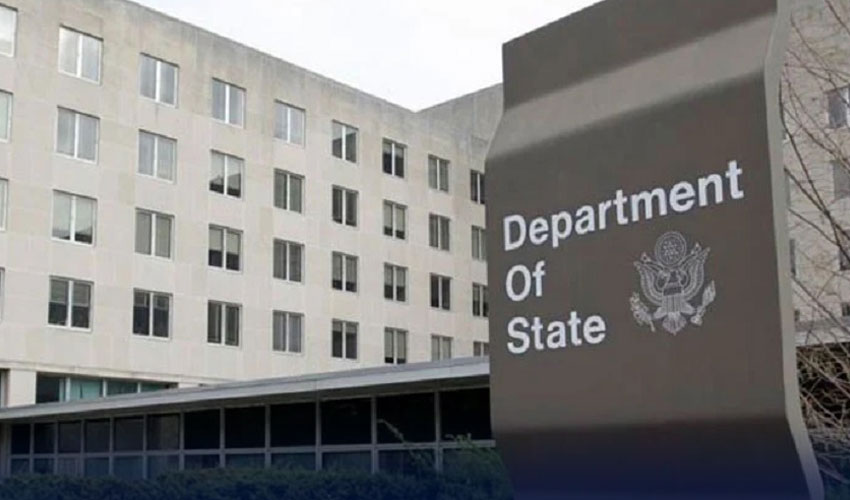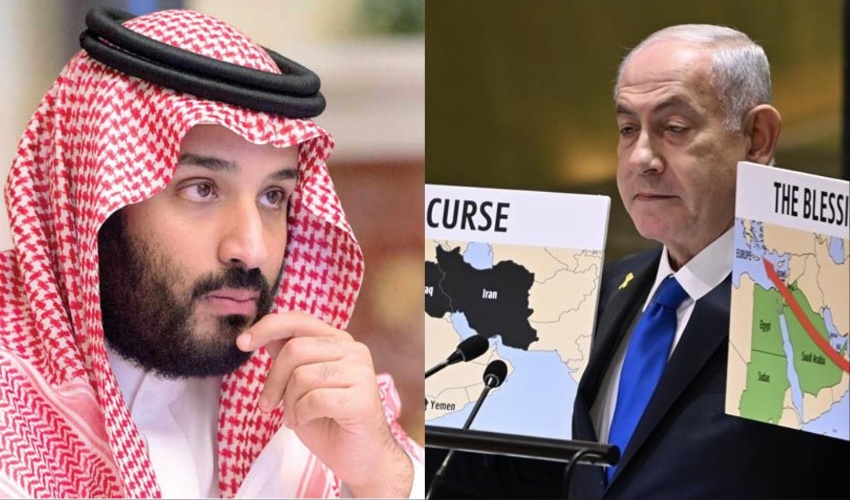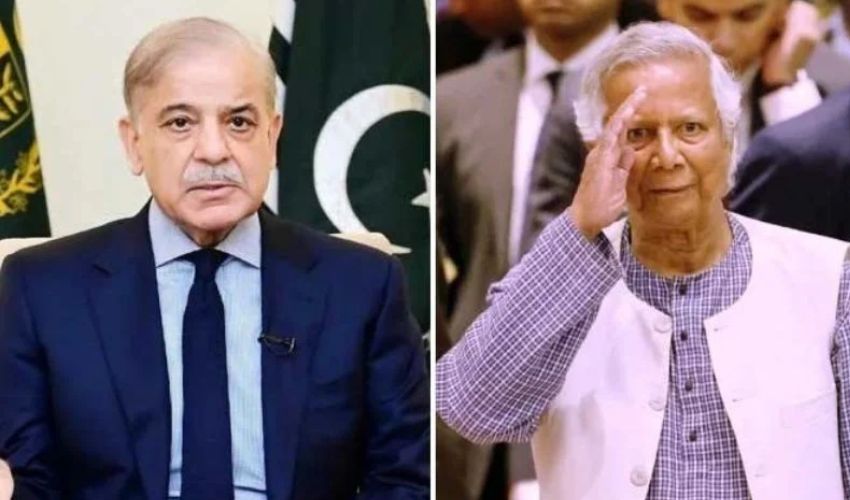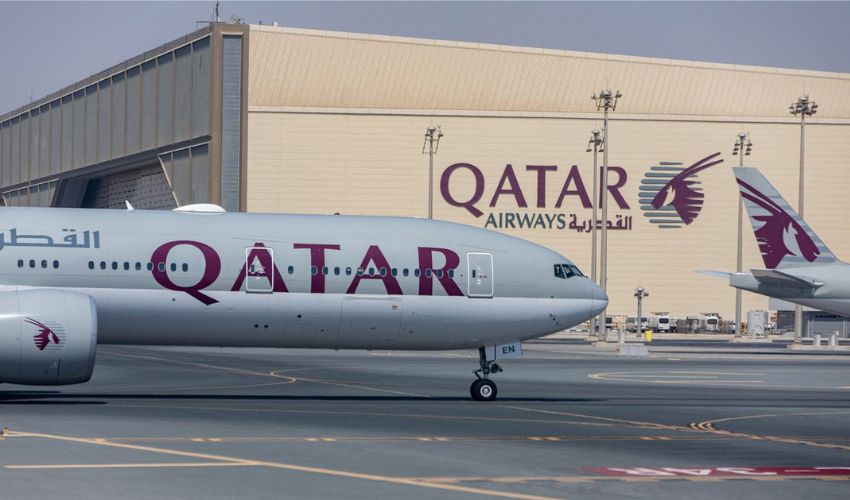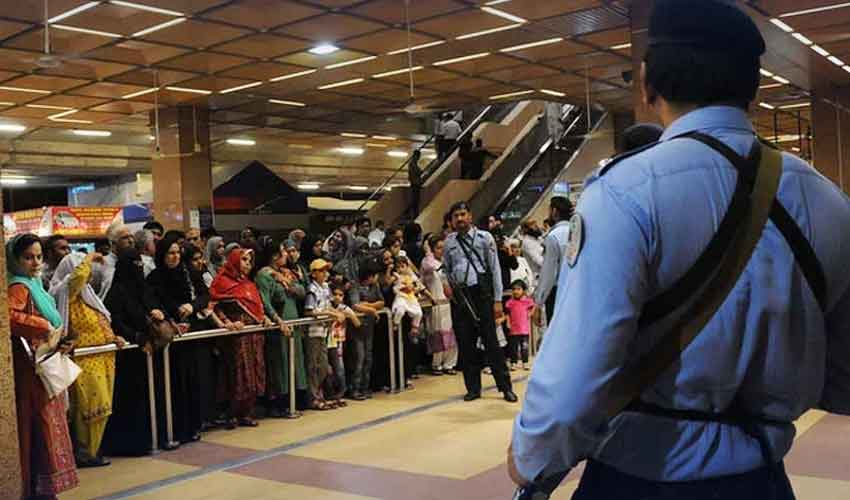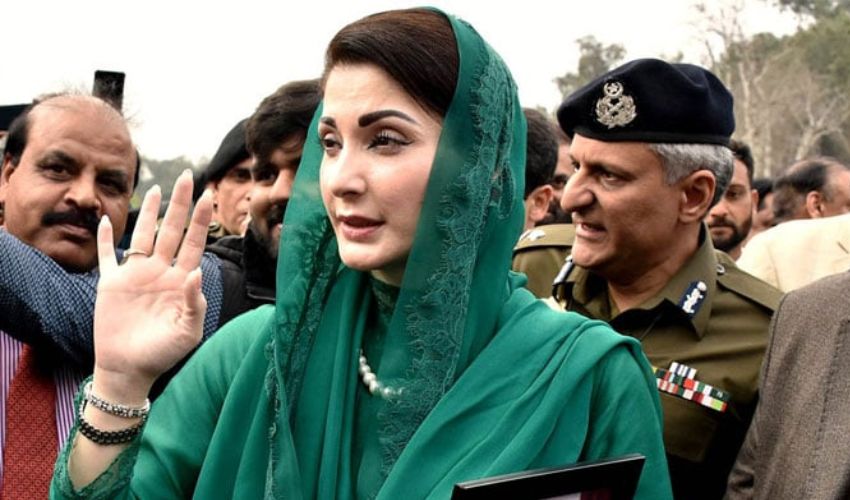Following Iranian President Ebrahim Raisi's death in a helicopter crash over the weekend, the United States said on Monday that it had been unable to accept an Iranian request for assistance, primarily for logistical reasons. Washington also expressed its condolences.
The US State Department revealed the unusual request during a press briefing. Iran sees the US and Israel as its two main enemies.
"We were asked for assistance by the Iranian government. We did make clear to them that we would offer assistance, as we would do in response to any request by a foreign government in this sort of situation," spokesperson Matthew Miller informed reporters.
Miller stated, "Ultimately, largely for logistical reasons, we were unable to provide that assistance."
Following an overnight search in blizzard conditions, the charred wreckage of the helicopter that crashed on Sunday, carrying Raisi, Foreign Minister Hossein Amirabdollahian, six other passengers, and crew, was located early on Monday.
Iran has yet to release an official statement regarding the reason behind the Bell 212 helicopter crash that occurred in the mountains close to the border with Azerbaijan.
"The United States had no part to play in that crash," U.S. Defence Secretary Lloyd Austin responded when asked if he was worried Tehran might place the blame on Washington.
He went on, "I can't speculate on what may have been the cause."
The crash occurs at a time when Iran's discontent over a number of political, social, and economic issues is on the rise. International pressure is being applied to Iran's clerical rulers because of Tehran's disputed nuclear program and strengthening military ties with Russia amid the conflict in Ukraine.
Nevertheless, Austin downplayed American worries that the crash might have direct consequences for Middle Eastern security.
He stated, "I don't necessarily see any broader, regional security impact at this point."
A fresh round of presidential elections is mandated by the Islamic Republic's constitution to take place in 50 days.
Iran expert Suzanne Maloney of the Brookings Institution think tank stated that during the transitional phase, Khamenei and Iran's security services would try to avoid giving the impression that they were weak.
Maloney stated, "As a result, I'd expect a skittish, reactive Iran that may be more risk-averse in the near term but paradoxically more dangerous if it perceives itself on the defensive."





